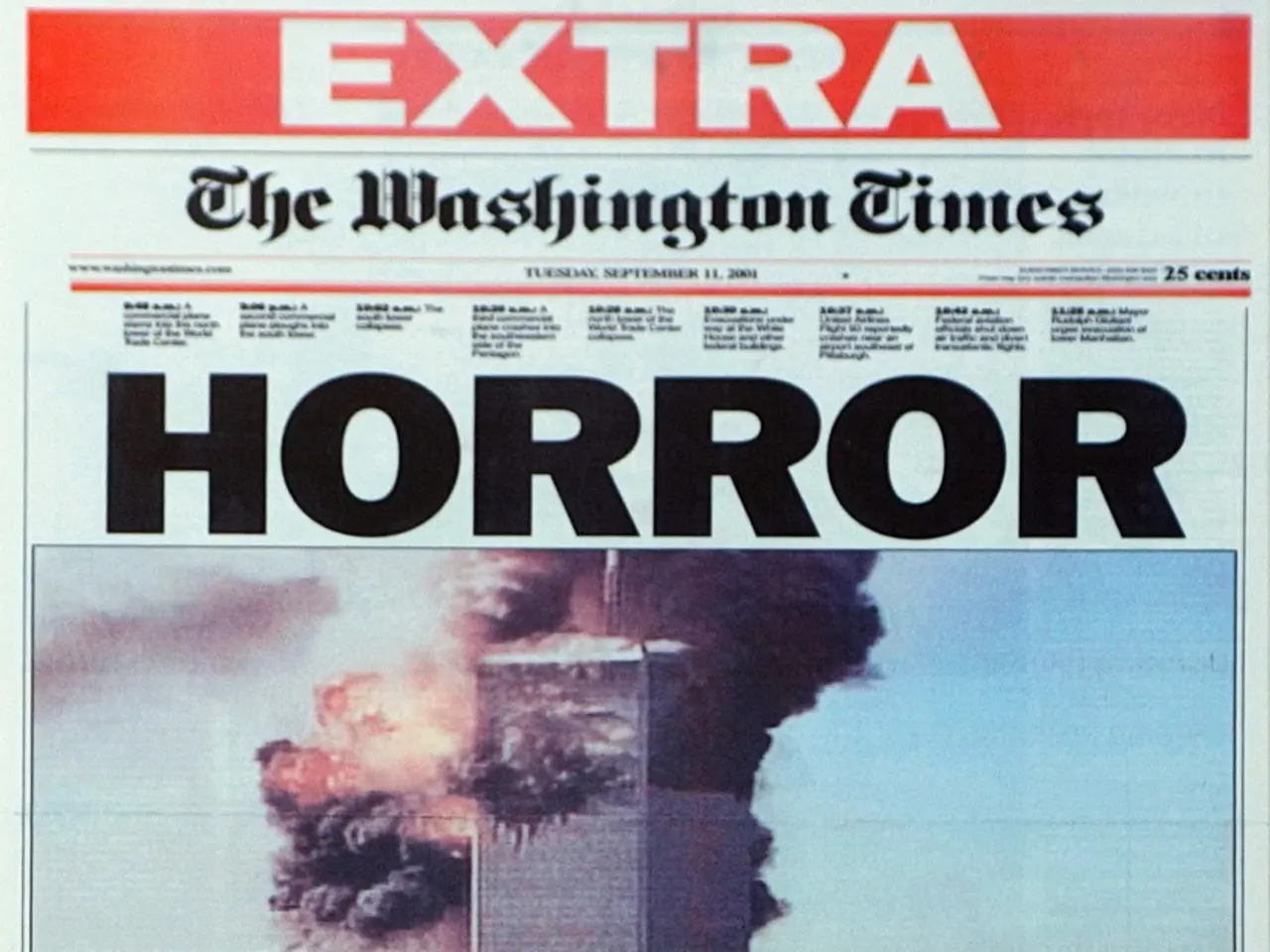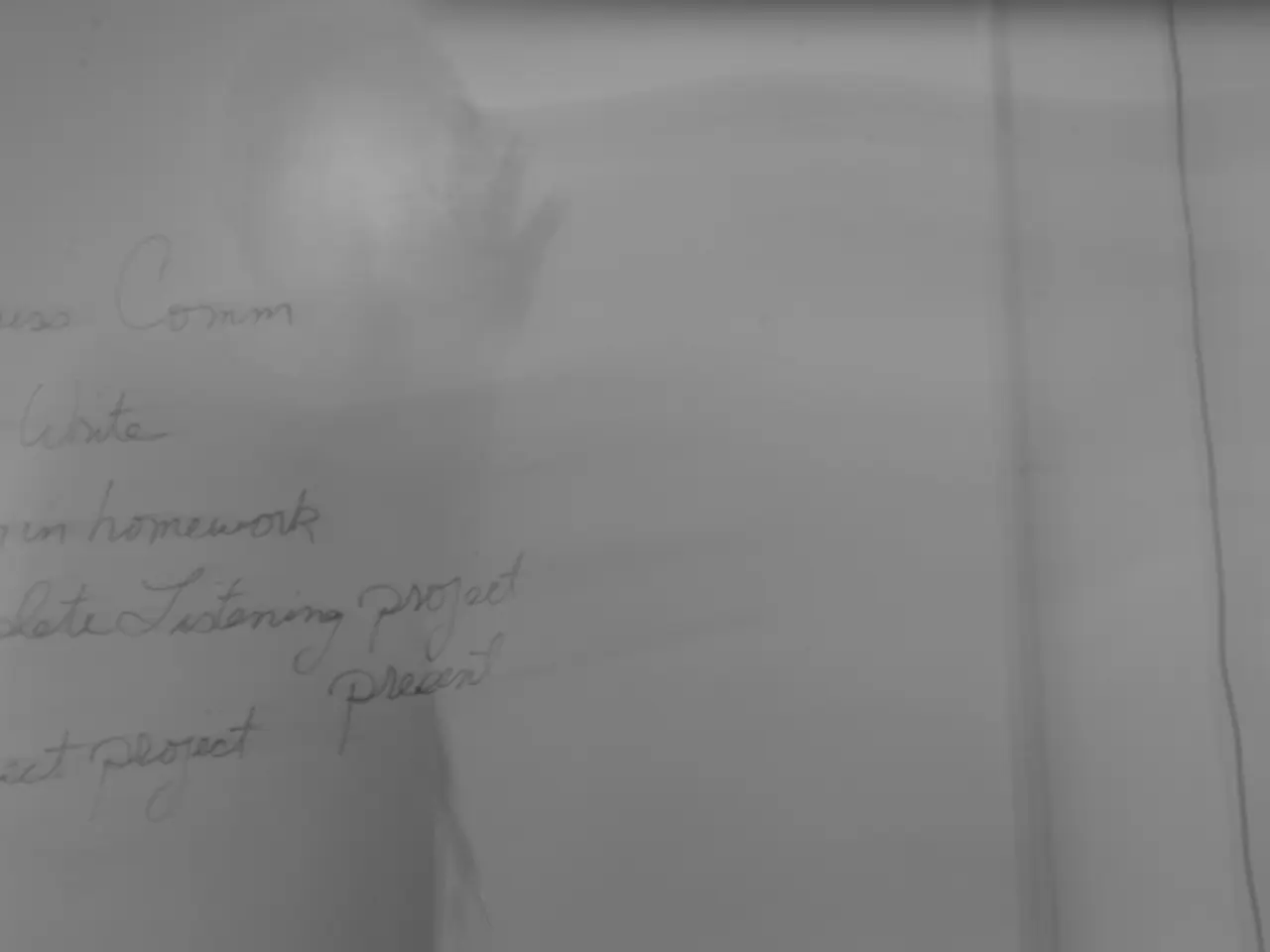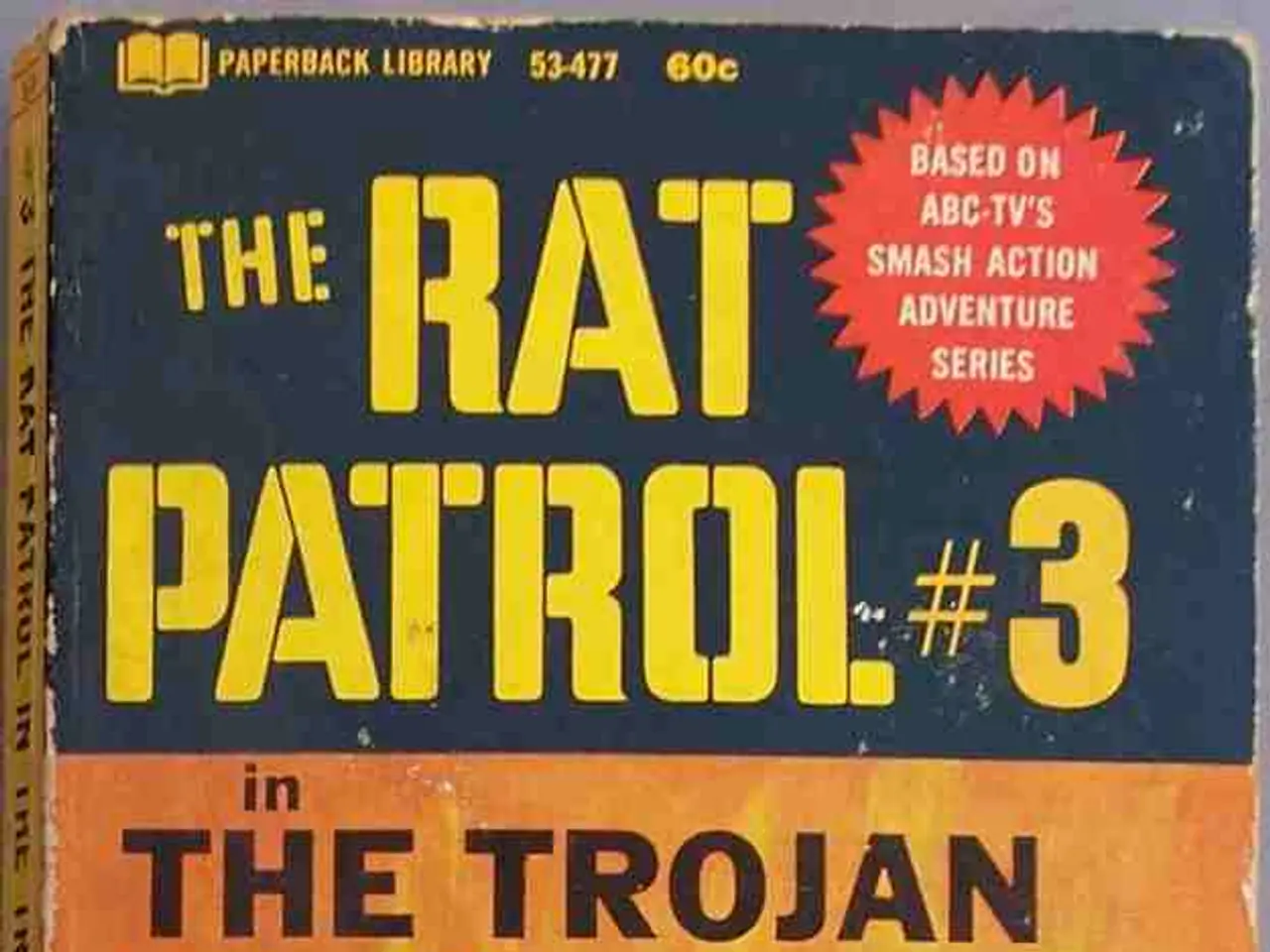Escalating Middle East Conflict: Israel's Aggressive Stance on Iran and European Negotiations
Israeli administration mandates intensified assaults against Tehran
Recent developments in the Middle East have witnessed a rise in tensions, largely stemming from Israel's aggressive military posturing towards Iran and the EU's ongoing diplomatic efforts with Tehran. This delicate balancing act of military actions and negotiations poses a significant challenge to regional stability and global security.
1. Israel's Threats Towards Iran: The Edge of a Geopolitical Tightrope
- Context: Israeli Defense Minister, Israel Katz, has reportedly ordered intensified attacks on Tehran. The primary targets include symbolic sites that signify Iran's leadership and organizations such as the Basij militia, aimed at destabilizing the regime's power base.
- Implications:
- Consequences of Direct military action: Pushing the envelope by launching direct assaults on Tehran could potentially trigger a wider conflict, drawing other regional players into confrontations that could destabilize global oil markets.
- Strategic aims: Israel's purpose is to deter Iran from furthering nuclear ambitions or engaging in retaliatory actions, while maintaining a strong deterrent against threats posed by the Islamic Republic and its proxy groups.
- Regional implications: Regional countries could be conscripted inadvertently or purposefully into potential conflicts, exacerbating existing tensions.
- Historical context: Israel has maintained a hostile stance towards Iran due to concerns over nuclear weapons development and Iran's support for groups like Hezbollah. Previously, covert Israeli operations targeted Iranian nuclear facilities, but overt assaults on Tehran would mark a significant shift in Israel's strategy.
2. European Diplomacy and Negotiations with Iran: A Triumph of Patience Over War
- Current status: European powers, including Germany, France, and the United Kingdom, are engaged in diplomatic discussions aimed at reviving or sustaining the Iran nuclear agreement, officially known as the Joint Comprehensive Plan of Action (JCPOA). Discussions revolve around limitations on Iran's nuclear program in exchange for sanctions relief.
- Obstacles:
- Iran's demands: Tehran has put forth stringent demands, including the removal of all sanctions and the lifting of restrictions on its nuclear enrichment activities.
- US involvement: The US plays a critical role in the negotiations but has yet to formally rejoin the agreement, making talks more difficult.
- Regional tensions: The aggressive stance of Israel and its military threats add uncertainty to the diplomatic process.
- Potential outcomes:
- Successful agreement: A renewed deal could slow Iran's nuclear program, reduce the risk of conflict, and promote regional stability.
- Failed negotiations: The breakdown of talks may result in increased sanctions, further Iranian nuclear advancements, and higher military threats in the region.
3. The Dance of Deterrence: Israel's Military Strategy and Europe's Diplomatic Approach
- The conflicting approaches of Israel's military preparedness and Europe's diplomatic efforts showcase contrasting views on the Iran question.
- While Israel prepares for possible strikes as a deterrent or preemptive measure, Europe seeks a non-violent resolution to avoid conflict and ensure nuclear non-proliferation.
- This divergence creates a complex geopolitical landscape, where miscalculations could quickly lead to rapid escalation.
4. The Wider Regional and Global Implications
- Middle East Stability: An outbreak of conflict would significantly destabilize the already volatile region.
- Energy Markets: Iran and the Gulf are crucial energy suppliers; a conflict could lead to global oil price surges.
- International Relations: The US, Russia, China, and regional powers have vested interests, making this a global security concern.
Final Thoughts
The ongoing standoff between Israel's aggressive military posturing and Europe's diplomatic engagement with Iran represents a critical moment in Middle Eastern geopolitics. While Israel seeks to combat Iran's nuclear ambitions through force, Europe strives to establish a peaceful framework for conflict resolution. The outcome of this delicate balance could determine the future of regional security and global stability.
Should you require more in-depth analysis on specific aspects such as the history of the Israel-Iran conflict, profiles of essential political figures, or the present state of the JCPOA negotiations, please let me know!
- The increased military aggression towards Iran by Israel, particularly the targeting of symbolic sites and organizations, presents a precarious situation that could escalate into a wider conflict, impacting global oil markets and regional stability.
- European diplomacy and negotiations with Iran, aimed at reviving the JCPOA, remain an ongoing process involving complex negotiations and demanding conditions. Success could result in a slower Iranian nuclear program, reduced conflict risk, and increased regional stability, whereas failure could lead to intensified sanctions, accelerated nuclear advancements, and higher military threats.







